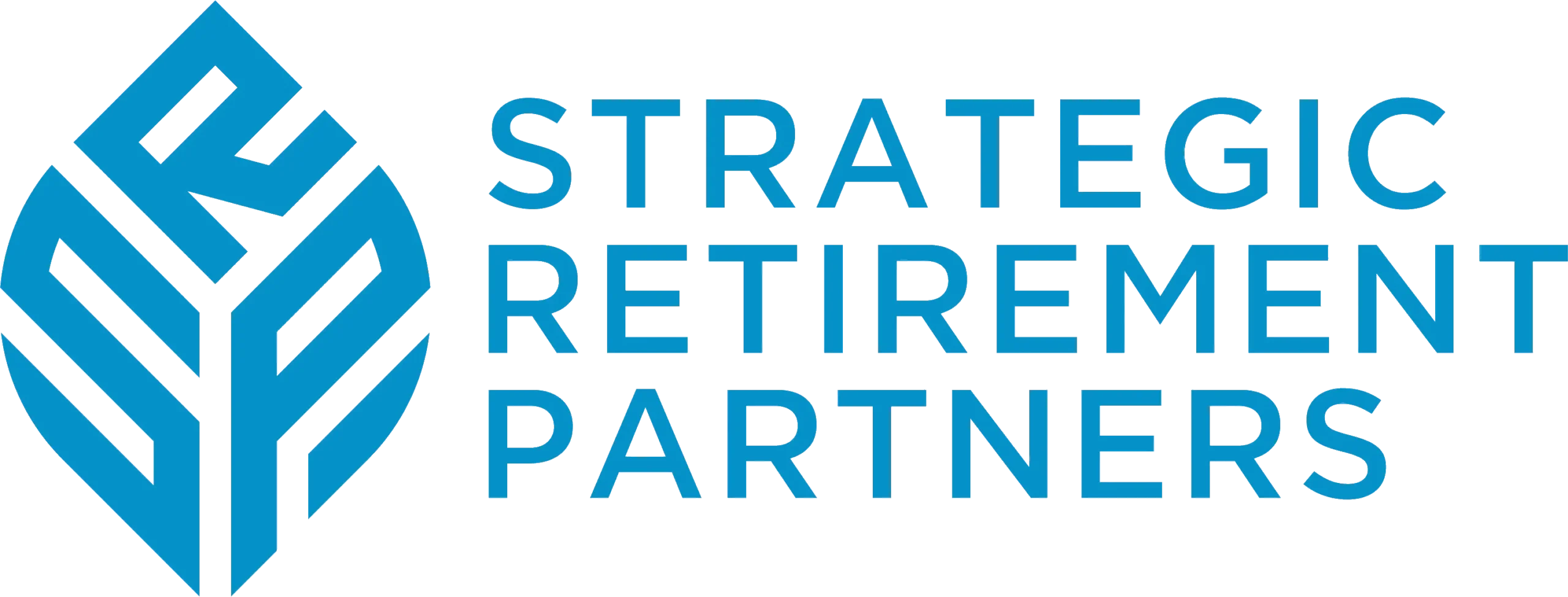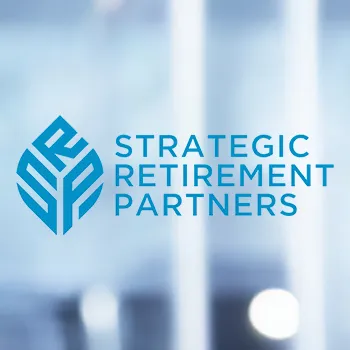Understanding Taxation in Your Retirement Plan
When you contribute to a retirement plan like a 401(k) or 403(b), you’re doing more than just saving for the future—you’re also making decisions that can impact how your money is taxed today and in retirement. At Strategic Retirement Partners (SRP), we believe it’s important for participants to understand how different types of investment accounts and withdrawals are taxed so you can make informed decisions about your financial future.
Here’s a simple breakdown of what you need to know:
Taxation Depends on the Type of Account
Most retirement plans offer two types of contributions: pre-tax (also known as traditional) and Roth (after-tax). These determine when you’ll pay taxes—either now or later.
- Pre-Tax (Traditional) Contributions
You contribute before paying taxes, which can lower your taxable income today. Your money grows tax-deferred, and you pay taxes later when you withdraw it in retirement. - Roth Contributions
You contribute after paying taxes. Your money still grows tax-deferred, but if certain conditions are met, your withdrawals—including investment gains—can be completely tax-free in retirement.
What About Investment Growth?
Whether you’re invested in mutual funds, target date funds, or other options in your retirement plan, the earnings on your investments are not taxed each year while they stay in the account. That means dividends, interest, and capital gains continue to grow without creating an annual tax bill.
But here’s the key:
- If you’re in a traditional account, you’ll pay taxes on everything you withdraw, including both your contributions and earnings.
- If you’re in a Roth account, you may be able to withdraw both your contributions and earnings tax-free, if you’ve had the account for at least five years and you’re age 59½ or older.
When You Start Taking Money Out
Eventually, you’ll need to start taking distributions from your retirement plan—either because you choose to or because the IRS says you must.
- Required Minimum Distributions (RMDs)
Once you reach age 73 (or 75 depending on your birth year), the IRS requires you to begin taking withdrawals from your pre-tax accounts—whether you need the money or not. These withdrawals are taxed as ordinary income.
Note: Roth 401(k)s are also subject to RMDs, unless you roll them into a Roth IRA, which does not have RMDs during your lifetime
What Happens If You Take Money Out Early?
If you withdraw funds from your retirement account before age 59½, you may have to pay a 10% early withdrawal penalty, in addition to ordinary income taxes—unless you qualify for an exception (such as hardship, first-time home purchase, or certain medical expenses).
Some plans offer features like in-plan Roth conversions or after-tax contributions, which can create additional tax considerations. Your SRP advisor can help you understand how these strategies might fit into your broader financial picture.
Taxes Outside Your Plan
If you have taxable brokerage accounts or other savings vehicles, they’re taxed differently:
- Dividends and interest are generally taxed each year.
- Capital gains are taxed when you sell an investment for more than you paid.
- Holding investments for more than a year qualifies you for long-term capital gains rates, which are typically lower than ordinary income tax rates.
Bringing It All Together
Tax rules can feel overwhelming—but making smart decisions today can help you reduce your tax burden in retirement and keep more of your hard-earned savings. Whether you’re deciding between Roth and pre-tax contributions, considering early withdrawals, or planning your retirement income strategy, understanding the tax treatment of your investments is key. Your SRP advisor is here to help. Let’s talk through your plan’s features and explore how you can make the most of your retirement savings—both now and in the future.

